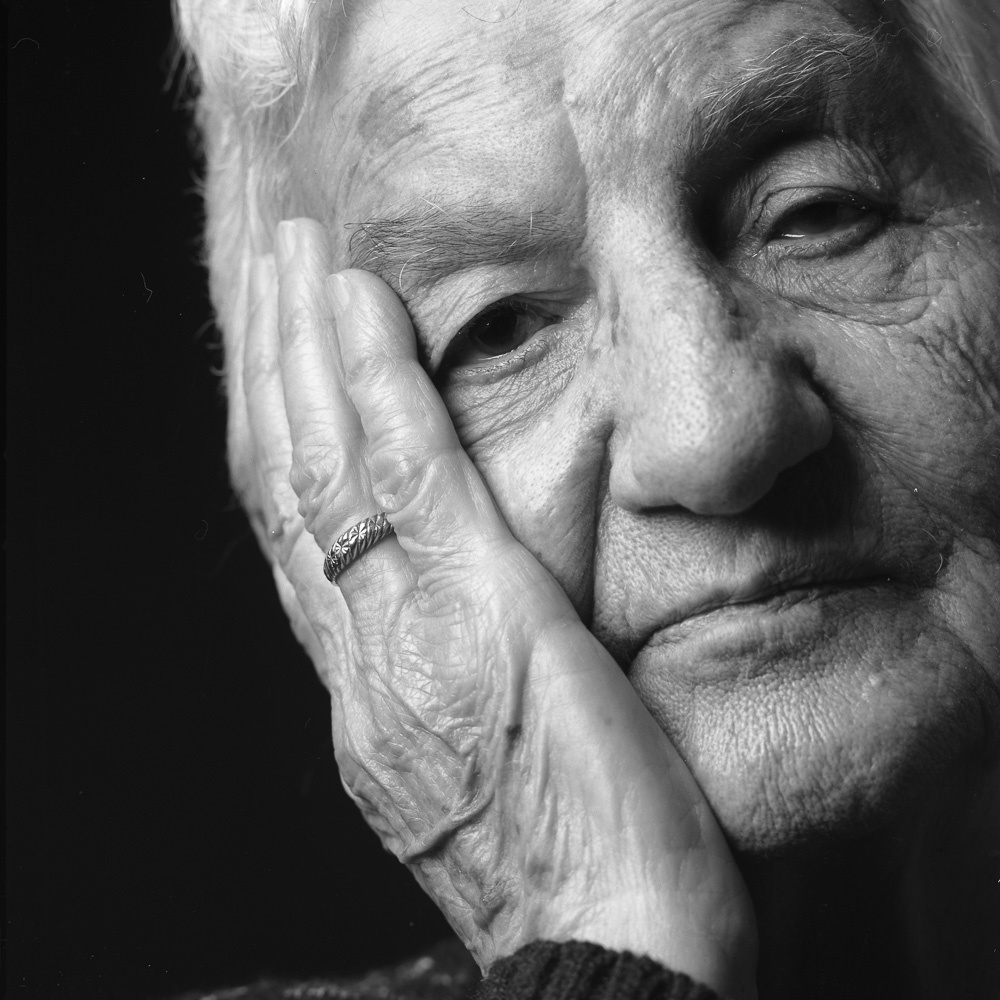Sion Abajian
The crowds were huge in Meskeneh. We were in the middle of a vast sandy area and the Armenians there were from all over, not only from Marash. We had no water and the gendarmes would not give us any. There were only two gendarmes for that huge crowd. Just two. Wasn’t there a single man among us who could have killed them? We were going to die anyway. Why did we obey those two gendarmes so sheepishly?
The word was that from Meskeneh, we were going to be deported to Der-Zor. My father had brought along a tent that was black on one side and white on the other. Each time the gendarmes approached us to send another group to Der-Zor, my father would move the tent. He would pitch it on the other side of the crowd—as far away as possible. We were constantly moving. He bought us quite a bit of time that way.
Eventually, we crossed the Euphrates River to Rakka where we found an abandoned house—with no doors or windows—and we squatted there. But we still had no food. We used to eat grass. We used to pick grains from animal waste, wash them, and then in tin cans fry them to eat. We used to say: “Oh, mommy, if we ever go back to Marash, just give us fried wheat and it will be enough.”

